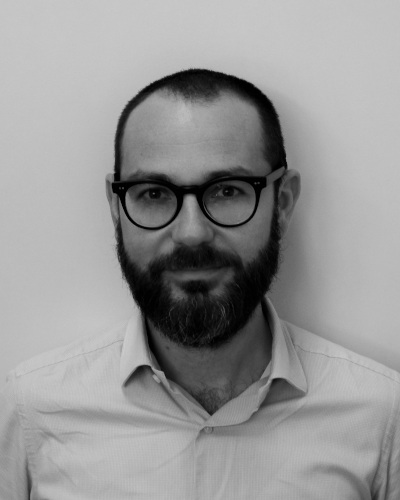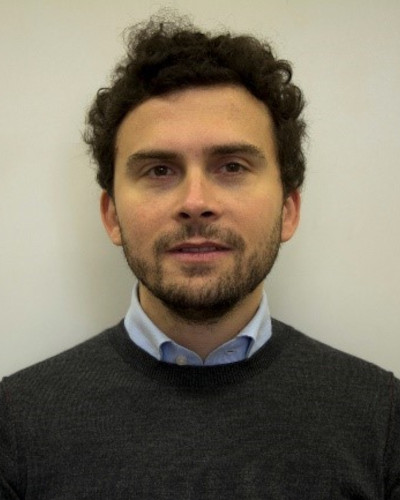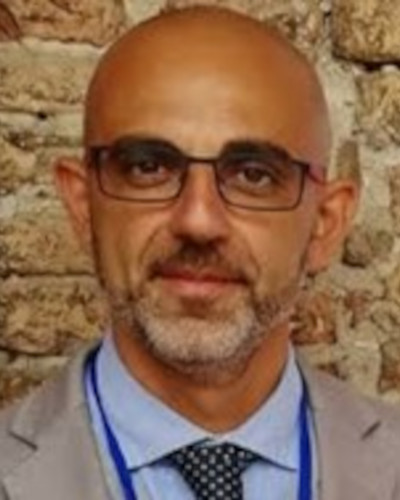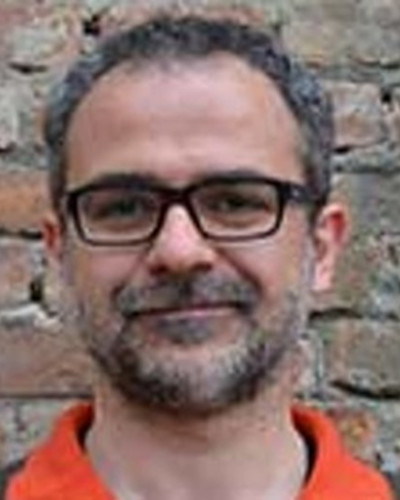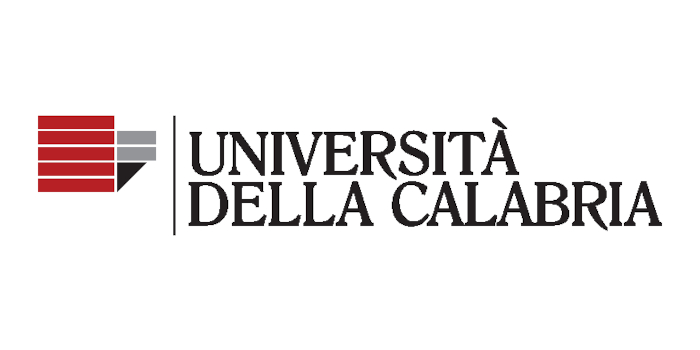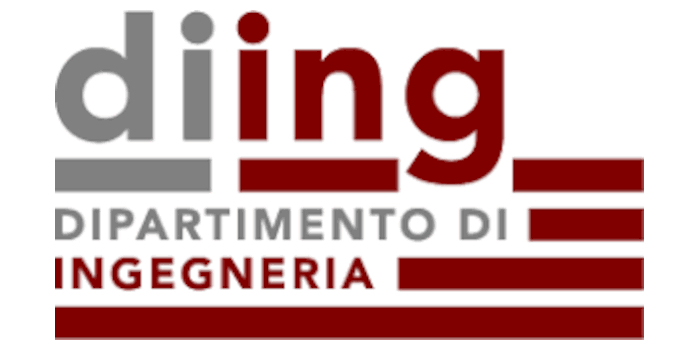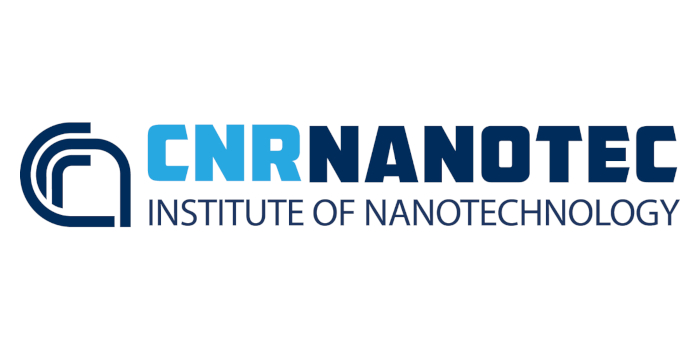SPECIAL SESSION #16
Progress and innovations in mitigating natural and human-induced risks for the preservation of masonry and cultural heritage structures
ORGANIZED BY
Francesco Monni
Department of Civil and Building Engineering, and Architecture - Polytechnic University of Marche - UnivPM (Italy)
Francesco Clementi
Department of Civil and Building Engineering, and Architecture - Polytechnic University of Marche - UnivPM (Italy)
Antonio Formisano
Department of Structures for Engineering and Architecture - University of Naples Federico II (italy)
Gabriele Milani
Department of Architecture, Built environment and Construction engineering - Polytechnic University of Milan, Italy
SPECIAL SESSION DESCRIPTION
Masonry structures and in particular cultural heritage structures represent a critical challenge for seismic safety, given their pronounced vulnerability to both structural and non-structural damage. Under moderate to strong seismic events, this susceptibility often leads to partial or total collapse, resulting in significant loss of life and substantial economic repercussions. These risks have driven the development of diverse methodologies for seismic assessment and retrofitting.
Structural Health Monitoring (SHM) and Non-Destructive (ND) testing have emerged as indispensable tools in this context, offering valuable insights into the condition of structures and existing damage. Such information is essential for devising targeted and effective remedial measures. Furthermore, recent experiences in reconstruction and retrofitting emphasize the pressing need for innovative, practical, and cost-efficient seismic strengthening strategies.
To address these challenges, the scientific community has proposed various approaches to provide a comprehensive characterization of historical masonry structures. Recent advancements in data science, particularly in artificial intelligence, neural networks, and machine learning, have further facilitated the processing of large datasets and the application of complex methodologies to manage inherent uncertainties effectively.
TOPICS
The proposed special session aims to discuss the new advances in the conservation and preservation of masonry structures with specific applications to cultural heritage. Topics to be covered, but not limited to, are:
- Constitutive models for masonry materials;
- Comparisons of different modelling strategies;
- Structural assessment;
- Homogenization techniques;
- Multi-scale analysis;
- SHM in earthquake, flood, and landslide-prone regions;
- Structural Dynamic identification methods and uncertainty quantification;
- Continuous dynamic monitoring techniques;
- Damage detection, localization, and quantification;
- Automated model updating;
- Digital Twins;
- Bayesian methods;
- Artificial Intelligence and Machine Learning techniques;
- Big data analytics, interdisciplinary ways of making sense out of data;
- Restoration, requalification and retrofitting strategies.
ABOUT THE ORGANIZERS
Francesco Monni, Eng. PhD, is Assistant Professor in Architectural Engineering at the Department of Department of Civil and Building Engineering, and Architecture (DICEA), Polytechnic University of Marche, Ancona, Italy. His main field of research includes the development of procedures and tools dedicated to supporting the protection, maintenance, and restoration of existing buildings, addressing both structural aspects and other common issues that generally affect historical buildings, especially those of architectural value. He is co-founder of AHRTE – Architectural Heritage Restoration through Tailored Engineering Srl, academic Spin Off aimed at the economic utilization of university research results, particularly in the fields of restoration, conservation, and consolidation of existing buildings with historical, cultural, and architectural significance, as well as ensuring the structural safety of buildings in general, including seismic protection.
Francesco Clementi, full Professor of Solids and Structural Mechanics at UnivPM. Previously, Associate (2019-2024) and Assistant Professor (2012-2019), UnivPM. Reviewer for more than 250 papers in about 90 journals and 10 conferences. Editorial Board member in 12 journals and 12 congresses, and organizer of more than 20 mini-symposia in international congresses. He has been a lecturer in 8 summer/winter schools focusing on seismic vulnerability, structural consolidation of historical/monumental structures, and SHM (Structural Health Monitoring). He has developed research and teaching activities at the Universities of Ancona, Camerino, Lublin and Sao Paulo. Since 2019 he is member of Member of board of “Accademia Marchigiana di Scienze, Lettere ed Arti, Classe I”. He was (2019-2021) Deputy manager of the Laboratorio Ufficiale Prove Materiali e Strutture of the Department of Civil and Building Engineering, and Architecture (DICEA), faculty of Engineering, UnivPM. He was (2021-2024) Member of the Board of the Italian Society of “Scienza delle Costruzioni” (Solids and Structural Mechanics) (SISCo). He was participant in several national and international projects (FP6, FP7, PRIN, Pompei Project, etc.).
Antonio Formisano, is Associate Professor of Structural Design at the Department of Structures for Engineering and Architecture of the University of Naples Federico II. Licensed to the role of Full Professor since 2021, his research activity deals with seismic vulnerability and risk assessment of urban habitats, seismic and structural behaviour of steel and aluminium structures and connections, seismic analysis of historical and cultural heritage buildings, seismic retrofitting systems based on steelwork techniques, structural robustness and multi-hazards analysis, sustainable building products and Life Cycle Assessment of building structures. The results obtained from all the above research activities, demonstrated by more than 450 papers published in international journals and conference proceedings, were presented in the framework of several national and international research projects, where he participated as member or leader. Moreover, he established agreements of research contracts with many private companies to investigate new seismic retrofitting systems and novel green materials based on agricultural and industry wastes. He was and is involved in several standard committees on metal structures and cultural heritage. He received several awards in the fields of metal structures, innovation technologies and green materials and sustainability.
Gabriele Milani, Eng. PhD, is Full Professor at the Department of Architecture, Built Environment and Construction Engineering. He was born in Cittadella PD (Italy) in 1977. PhD in Civil and Industrial Engineering, MSc in Civil Engineering, both at the University of Ferrara, Italy. From 2019: Full Professor, Mechanics of Solids and Theory of Structures, Technical University of Milan, Italy. Previously, Associate (2014-2019) and Assistant Professor (2008-2014), Technical University of Milan, Italy. Post Doctoral Researcher, Swiss Federal Institute of Technology ETH Zurich, Switzerland (2008) and Post Doctoral Fellow, University of Ferrara, Italy (2004-2008). He has almost 500 SCOPUS records (accession date November 2021), he published more than 250 indexed International Journal Papers, 11 Chapters in books, more than 250 Presentations at Conferences. h-index 47 (SCOPUS), more than 7000 total citations. Reviewer for more than 250 papers in about 70 journals and 10 conferences. EB member in 8 journals and 7 congresses, editor in chief of a journal dedicated to masonry (International Journal of Masonry Research and Innovation by Inderscience Publishers) and a generalist journal in civil engineering (Open Civil Engineering Journal by Bentham Science), chairman in several congresses. His scientific interests are the following: masonry, historical constructions, structural analysis, limit analysis, FEM, homogenization theory, FRP reinforcement, genetic algorithms (GA), rubber vulcanization, elastomeric seismic isolators. Most Cited Author Years 2006-2010 Diploma, Computers & Structures. Telford Premium Award 2012, by the UK Institution of Civil Engineering. K.J. Bathe Award 2014, chair professor Yangzhou University, PRC (2019-2020).

